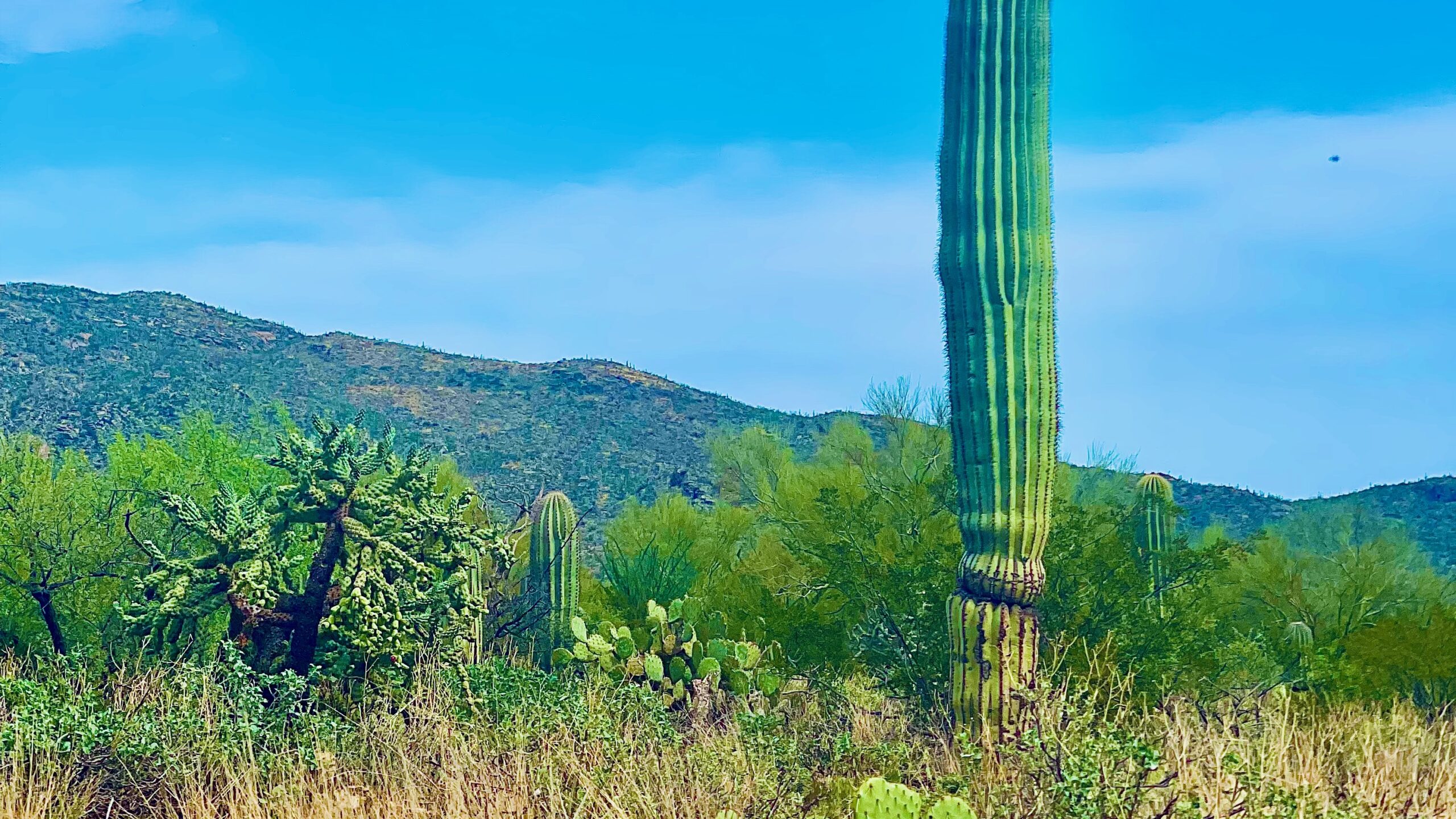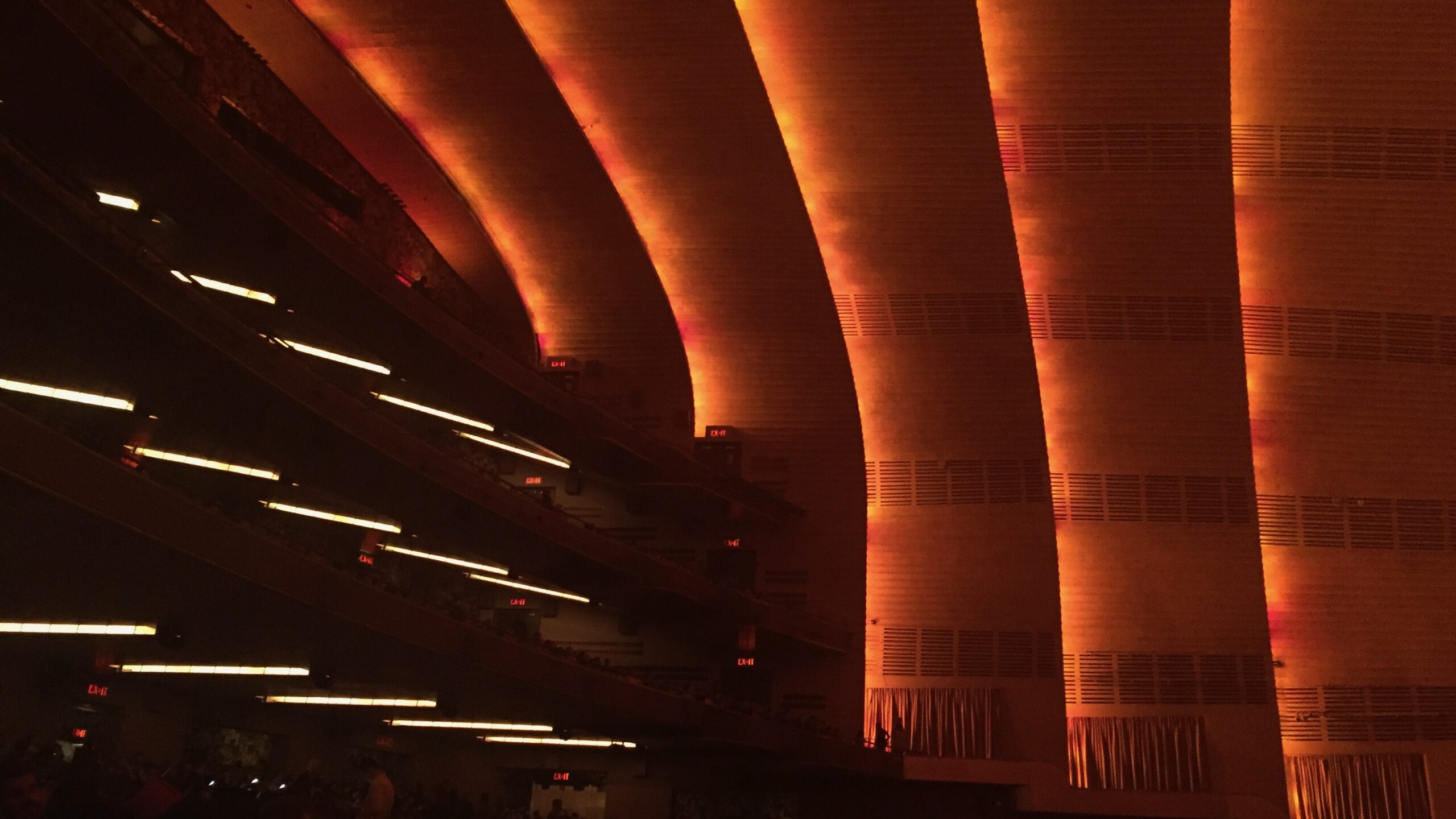The American Society for Bioethics and Humanities (ASBH) annual meeting is September 18th-21st in St. Louis, MO. As outgoing chair of the ASBH hospice & palliative medicine affinity group, a full-time clinical ethicist, and former palliative care social worker, these are the sessions I’m most excited about this year.
Palliative Inotropes: The Good, the Bad, and the Ugly
By Ani Rao MD
As a palliative care clinician working at a large heart and vascular institute, I have cared for many patients on inotrope therapy. Here I depict the natural history and varying clinical scenarios of patients on inotropes to explain how the therapy influences their end-of-life HF trajectory.
The 2024 AAHPM Entrance Survey
By The Editorial Board
The 2024 Annual Assembly of Hospice and Palliative Care is one week away, and we are getting you ready for the assembly with our Endnotes editorial board entrance survey!
Medical Aid in Dying’s Other Conversation
By Michael Pottash MD MPH
In the wider medical culture, the conversation about MAiD often centers on the ethical arguments about whether it ought to be a part of medical practice. Here are several points that suggest efforts to improve the provision of MAiD may be just as important.
In Search of the Perfect Opioid
By Maximillian Stevenson, PharmD, MA
What if we could invent an opioid that eases pain without all the risks and side effects? Finding a safer opioid is the idea behind receptor-biased agonist opioids.
Palliative Care at ASBH 2023
By Janice Firn, PhD, LMSW, HEC-C
The American Society for Bioethics and Humanities (ASBH) annual meeting is October 11-14th in Baltimore, MD. As chair of the ASBH hospice & palliative medicine affinity group, I’m looking for sessions that advance my knowledge/skill set, challenge my assumptions, have a diversity of viewpoints, and lead me to reflect on my own practice in new ways.
Crashing the Clinic
By Michael Pottash MD MPH
A few years ago, I began loitering around our pulmonary medicine teaching clinic hoping that my presence would prompt the pulmonary fellows to ask their sicker patients what they understood about advanced lung disease.







